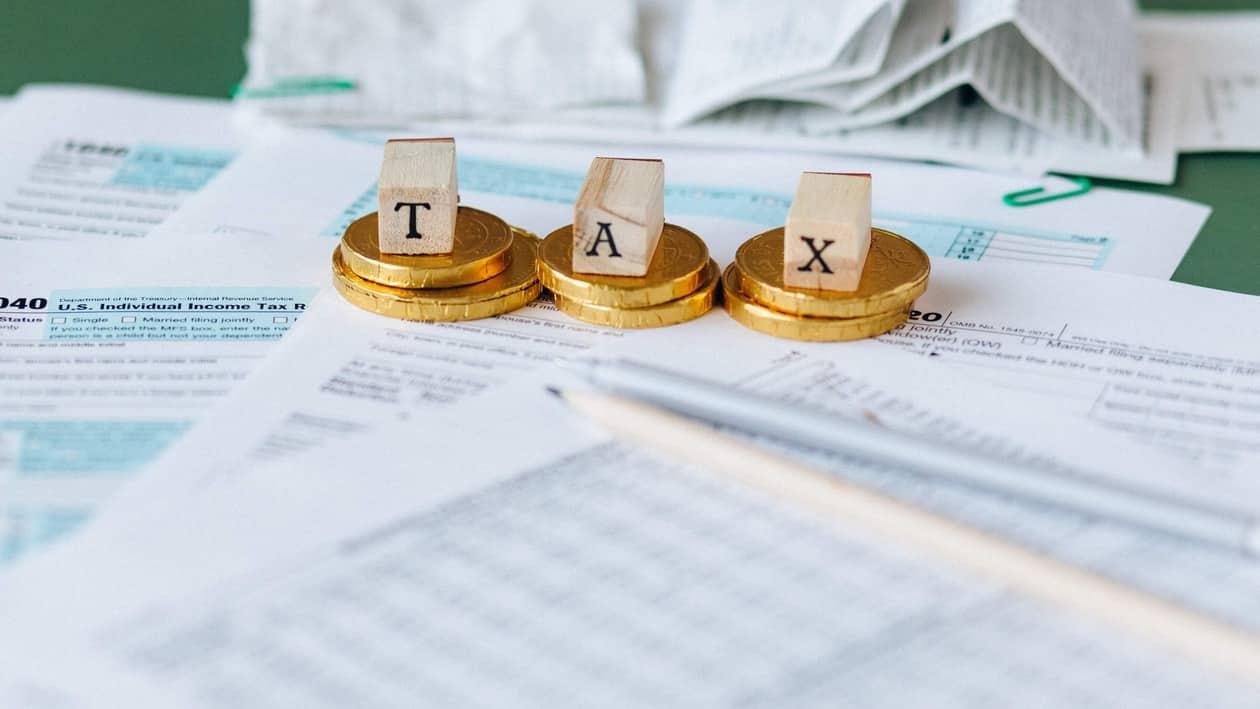January is a good time to review the previous year and set goals for the new year. You must have set goals for health, career, relationships, finances, etc. An important part of financial goal setting is to make sure your investments are tax-efficient.
You must have also received an email from your employer to submit the proofs for the investments that you have made for saving tax. We will discuss which documents can be submitted as investment proofs for various financial products.
Investment declaration at the start of the financial year for saving tax
Every year, in April (at the start of the financial year), your employer asks you to submit a declaration. It has details of what all investments you are going to make to avail exemptions and deductions for saving tax. Later, in the last quarter of the financial year (January to March), you are required to submit proof of investments that you have actually made.
Why do you need to submit investment proofs in the last quarter of the financial year?
The employer is required to calculate your taxable income, deduct the Tax Deducted at Source (TDS) on it, and pay it to the Government. Once you submit the investment proofs, the employer can apply the specific exemptions and deductions applicable, and proceed with the TDS. All this needs to be done in the last quarter of the financial year because the TDS has to be paid to the Government by specified dates. The submission of investment proofs will also help you save income tax.
List of documents that can be submitted as investment proofs
There are various documents that you can submit as investment proof. Some of these include:
| Exemption / Deduction | Documents accepted as proof |
| Public Provident Fund (PPF) | Photocopy of the stamped deposit slip or the passbook with the entry for the deposit made for the current financial year |
| National Savings Certificate (NSC) | Photocopy of the NSC certificate issued in the employee’s name. |
| Life insurance premium | Photocopy of the premium receipt or the tax certificate issued by the life insurance company for the premium paid by the employee for self, spouse and children. |
| Health insurance premium | Photocopy of the premium receipt or the tax certificate issued by the general or health insurance company for the premium paid by the employee for self, spouse and children.
You can also avail of a separate deduction for the health insurance premium paid for your parents. If you have paid for a preventive health checkup for yourself and/or the family member/s, then the receipt of the same. |
| 5-year tax saving fixed deposit | Photocopy of the Fixed Deposit Receipt (FDR) issued by the bank or post office. |
| Equity Linked Savings Scheme (ELSS) | Photocopy of the investment certificate issued by the Asset Management Company (AMC) for the ELSS investment amount. If investing through a SIP, then the certificate should have details of the investments made during the financial year. |
| Tuition fee paid for children | Photocopy of the receipt issued by the educational institution to which the fee has been paid. If the fee has been deposited in a bank by cash, then the photocopy of the deposit slip is also acceptable. |
| Home loan principal repayment and interest payment | Photocopy of the certificate from the bank or NBFC with the details of the principal repaid and interest paid during the financial year. You also need to submit the completion certificate from the builder/property developer. |
| House Rent Allowance (HRA) | Photocopy of rental agreement and monthly rent receipts with the landlord’s name, month, rent amount, signature, and other details. If the annual rent is more than Rs. 1 lakh, the landlord’s PAN copy is required. |
| Interest on education loan | Photocopy of the certificate from the bank or the financial institution with the details of the interest amount paid on the education loan during the financial year. |
| Interest on loan for the purchase of an electric vehicle (EV) | Photocopy of the certificate from the bank or the financial institution with the details of the interest amount paid on the EV loan during the financial year. The loan should have been sanctioned between 1st April 2019 and 31st March 2023. |
What happens if you don’t submit the investment proofs?
There are instances when you may not be able to submit the investment proofs within the specified timeline. In such cases, your employer will consider that you have not made the actual investment that you mentioned in the declaration at the start of the financial year. They will go ahead and deduct the TDS from your salary and pay it to the Government.
Missed submitting the investment proofs? How can you claim back the TDS?
Suppose you failed to submit the investment proofs, and the employer deducted the TDS from your salary. You can still go ahead and invest by 31st March. At the time of filing your Income Tax Return (ITR), you can claim the deduction under the respective head and claim a refund.
The Income Tax Assessing Officer will process your ITR. If satisfied with your claim, they will issue the income tax refund. However, the time between filing the ITR and receiving the refund may range from a few days to a few months.
To conclude, you can claim the income tax refund at the time of filing your ITR, if you miss submitting the investment proofs to your employer. However, it is always a good idea to make your investments on time and submit the investment proofs to your employer. It will help you avoid the TDS deduction from your salary.
Gopal Gidwani is a freelance personal finance content writer with 15+ years of experience. He can be reached at Linkedin
